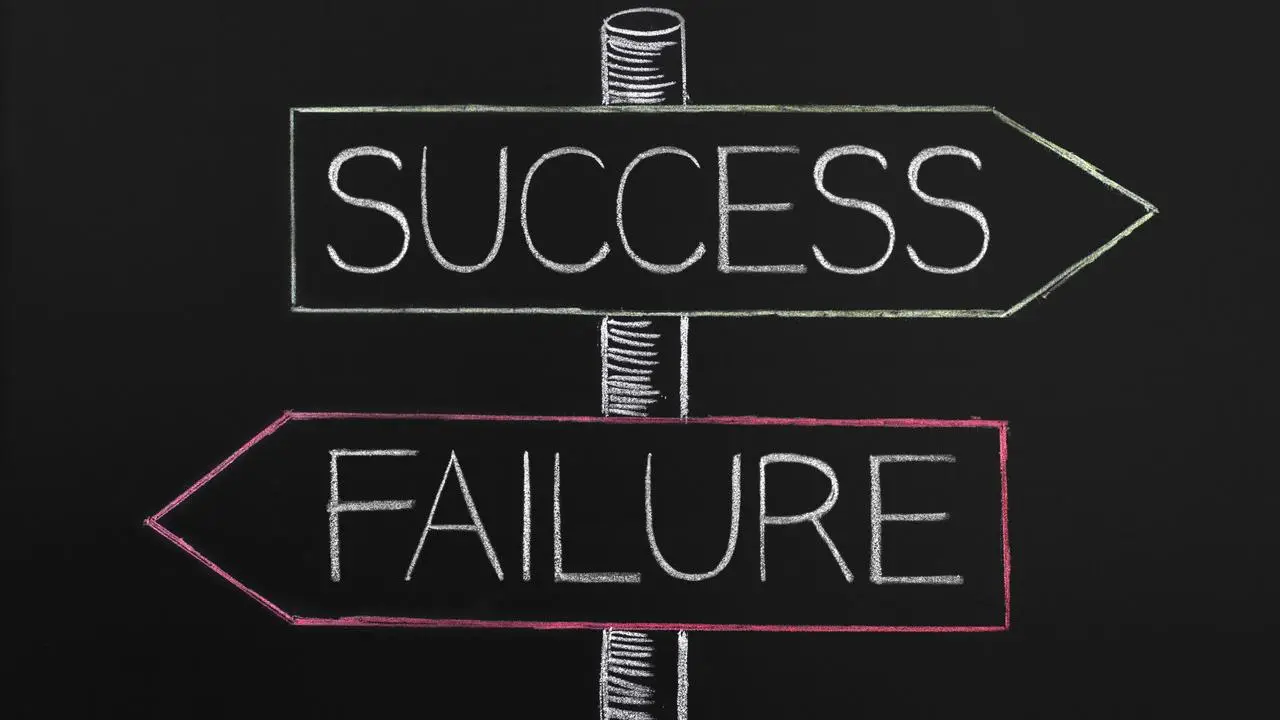Motivation
Maybe Failure Isn’t the Best Teacher – Here’s What Psychology Says

Though you always aim for excellence, the dread of failing paralyzes you. I have been there since I too am a recovering perfectionist. However, suppose I told you that the secret to success and development is really accepting failure. This post will teach you five effective strategies to change your perspective, get over perfectionist worries, and begin seeing errors as opportunities.
Why Perfectionists Fight to Accept Mistakes
Actually, though, failure is unavoidable. The learning and development process naturally includes this. The most successful individuals in the world understand that the ultimate teacher is failure; it is not their adversary. Reinterpret your connection with failure to release your entire potential and escape perfectionistic paralysis.
Five Strategies to Accept Mistakes and Outgrow Perfectionism
1. Stop Acting And Start To Be Your Real Self
Start small by telling a buddy about a mistake you made and observe their reaction—spoiler alert: probably with sympathy and relief that they are not alone.
In lower-stakes settings, like confessing when you don't know something at work or uploading a picture that isn't filtered to perfection, progressively practice vulnerability. Count every real moment as a victory. You will get more at ease allowing your actual self to shine with time.
2. Accept Your Faults And Enjoy Them
When you royally mess things the next time, try this instead of rushing to self-flagellation: inhale deeply and ask yourself, "What's funny about this?" On that email to your employer, perhaps you confused "reply" from "reply all." Oops!
See the comedy in imagining their perplexed expression. Alternatively you could have attempted a new recipe and produced a " Pinterest fail" fit for a modern art museum. Take a picture and start to chuckle.
Your slip-ups will have less effect on you the more lighthearted you can discover in them. Practice promotes improvement; hence, devote yourself to find the humorous aspects in both tiny and large mistakes.
3. See Mistakes As Stepping Stones Toward Achievement
Though it's cliche, failure is really only a stepping stone toward success. The secret is reinterpretation of your perspective. See errors as useful information points rather than as evidence of your incompetence.
Every time things doesn't go as planned, get inquisitive and ask yourself: What may I have learned? What will I do differently the next time? See failing as a scientific experiment. All you are doing is testing theories and changing depending on findings.
Maintaining a "failure log," note your mistakes and the lessons you are learning. Review it often to see how far you have come and give yourself back-off compliments for development.
4. Cultivate Self-compassion
Practice mindfulness by softly focusing on the present moment after seeing your self-critical ideas free from judgment. Recall that imperfections and everything else you are deserving of love and acceptance. These guided meditations and activities will enable you begin developing self-compassion right now.
5. Celebrate Advancement Above Perfection
Turn your attention on honoring development rather than only results. Even if it didn't work out, did you risk something today? Own your bravery. Did you experience a setback, and how did you manage it with somewhat more self-compassion than usual? That is worth noting for development. Make a daily habit of recognizing one item, no matter how little, for which you are pleased. You will witness over time how these small actions are accumulating into significant effects.
You may alos read this: How Office Rumors Can Affect Your Company
Overcoming Perfectionist Resistance to Acceptance of Mistakes
I get that in principle embracing failure sounds fantastic, but right about now your perfectionistic thinking is most likely causing some problems. Let's go through a few:
Objection 1: "But I'll be mediocre at best if I don't aim for perfection!"
Reality check: Perfectionism can cause procrastination, lost chances, and poor performance resulting from avoidance and anxiety. Accepting failure lets you be more adventurous, pick lessons faster, and finally produce better outcomes. Furthermore, "perfect" is illusive and personal. Seek not perfection but rather excellence.
Objection 2: "Failure hurts too much." I am unable of handling it!
I will not sugarcoat it; failure hurts. You know, though, what is even more agonizing? Guilt. Living a constrained, little existence since you were too scared to fail. The happiness of following your aspirations and personal development much exceeds the transient pain of failing. Experience the terror and act anyway you choose.
Objection 2: "People will judge me if I fail."
Indeed, some individuals might criticize you. Most, though, will value your bravery and identify with your humanity. Everybody has failed at some point. Being upfront about your challenges will strengthen your relationships and motivate others. Anyone that makes fun of you for trying? Not your folks. Get surrounded by encouraging people who value work above results.






